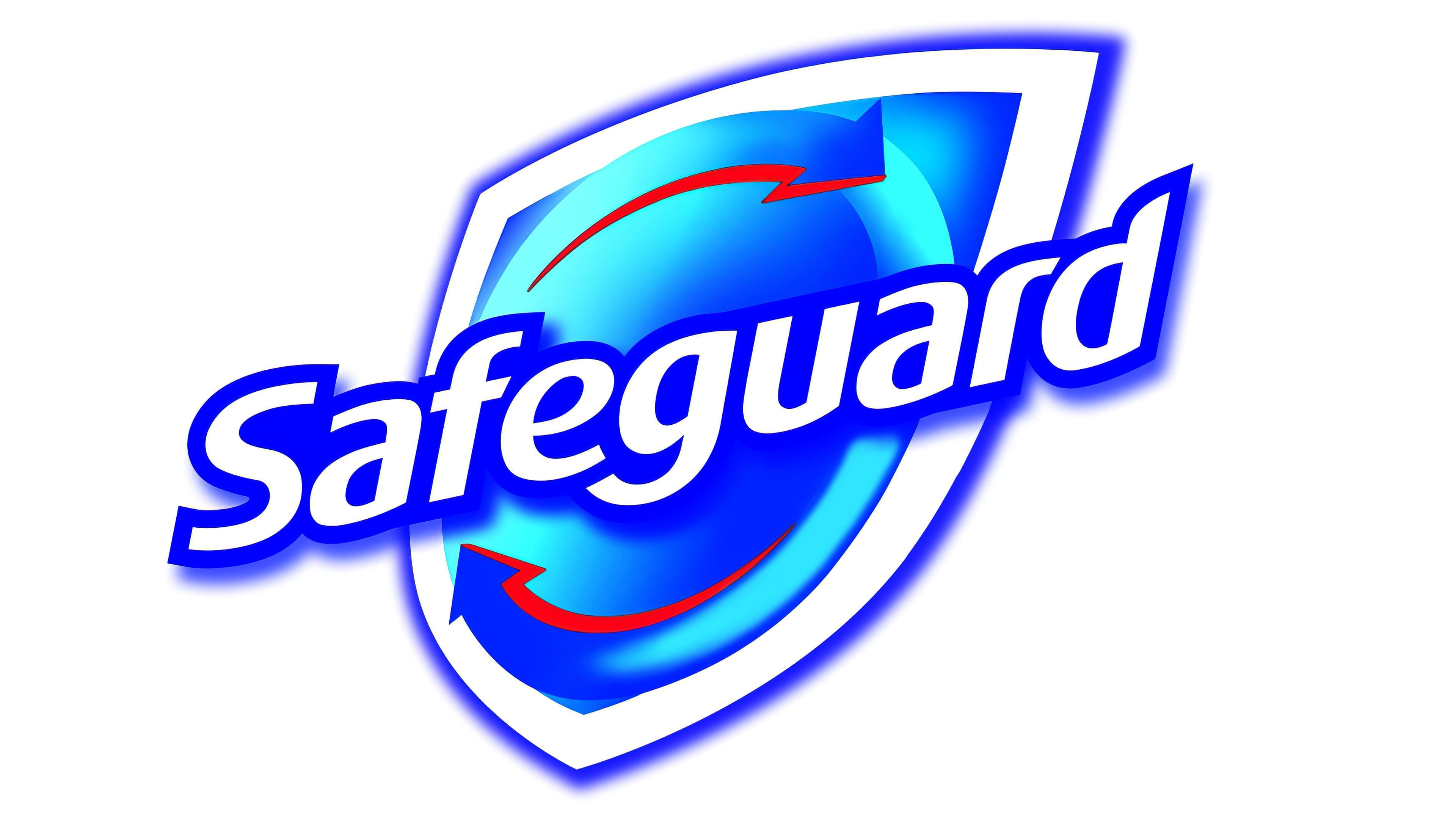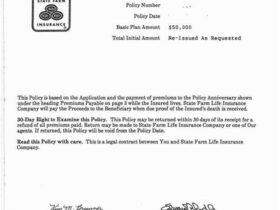Protecting your home, whether it’s a city flat or a countryside house, is a crucial step in securing your financial future and peace of mind. Home insurance offers a safety net against unforeseen events like theft, fires, and floods, which can cause significant disruptions and financial strain. Understanding what constitutes a “good” home insurance company and the factors to consider when choosing a policy is essential for every homeowner.
Understanding Home Insurance
Home insurance typically comes in two main forms: buildings insurance and contents insurance. Buildings insurance covers the structure of your home, including walls, roof, floors, and permanent fixtures. Contents insurance, on the other hand, protects your belongings inside the home, such as furniture, clothing, appliances, and personal items. Some insurers offer combined policies that cover both aspects.
Key Considerations When Choosing a Home Insurance Company

Choosing the right home insurance company involves several crucial considerations. Here’s a breakdown of the key factors to evaluate:
- Type of Coverage: Determine whether you need buildings insurance, contents insurance, or a combined policy. Renters typically only need contents insurance, while homeowners usually require both, often mandated by their mortgage provider.
- Coverage Details: Carefully review what structures and belongings are covered under the policy. If you have unique features like outbuildings or own valuables, ensure they are included or can be added with extra coverage.
- Coverage Limits: Check the limits of the cover. For example, a buildings policy with a £500,000 limit might not be sufficient for rebuilding a higher-value home.
- Compensation Terms: Understand how claims are handled. Will you receive a replacement, a payout based on the item’s current value, or a rebuild cost for buildings insurance?
- Optional Extras: Consider add-ons like accidental damage, out-of-home contents cover, home emergency cover, or legal assistance to customize the policy to your specific needs.
- Premium Costs: The premium is the fee you pay for the policy, typically monthly or annually. Shop around to find a policy with an affordable premium that fits your budget.
- Excess Amount: The excess is the amount you pay when making a claim. A higher excess often results in a lower premium, but ensure you can afford the excess if you need to make a claim.
- Reputation: Research the reputation of home insurance companies by reading online reviews and checking customer feedback regarding their claims process and customer service.
Top Home Insurance Providers in the UK
Several home insurance companies in the UK stand out for their comprehensive coverage, competitive pricing, and customer satisfaction. Based on recent research, here are some top contenders:
Urban Jungle: Known for its ease of use and focus on busy homeowners, Urban Jungle offers flexible policies with high levels of buildings and contents cover. They provide quick online quotes and policy management, including accidental damage as standard. However, they do not cover key or money loss.
Pros:
- Easy online quote and policy management
- Options for buildings, contents, combined, and tenants liability insurance
- High buildings cover (up to £1 million)
- Accidental damage included as standard
Cons:
- No cover for key or money loss
1st Central: A great choice for budget-conscious homeowners, 1st Central offers comprehensive cover at an affordable price. Their combined policy includes underground services and leak cover, with options to add accidental damage, home emergency, and legal protection.

Pros:
- Affordable premiums
- Comprehensive cover with underground services and leak cover included
- Up to £500,000 of buildings cover
- Up to £75,000 of contents cover
Cons:
- No online portal for policy management
- No separate buildings insurance option
Tesco: Ideal for higher-value homes, Tesco offers unlimited buildings cover and a one-year guarantee on home repairs. They also provide burst pipe cover. Extended accidental damage is not included as standard.

Pros:
- Unlimited buildings cover
- 24/7 online policy management
- Burst pipe cover up to £5,000
- One-year guarantee on home repairs
Cons:
- Extended accidental damage not included as standard
- Not the cheapest option
Safeguard: A strong choice for those seeking lower-cost extras, Safeguard offers separate and combined policies with leaks and key loss covered as standard. Their additional extras, like home emergency and legal assistance, are competitively priced.

Pros:
- Separate and combined policies available
- Manage your policy online 24/7
- Affordable home emergency and legal assistance cover
- Leaks and key loss covered as standard
Cons:
- Online quote process can be cumbersome
AA: Best for outbuilding cover, AA’s Silver package includes unlimited buildings protection and theft from outbuildings covered up to £2,000. Lock replacement due to lost keys is also standard.
Pros:
- Unlimited buildings cover
- Theft from outbuildings covered up to £2,000
- Lock replacement due to lost keys is standard
Cons:
- Extra cover required for personal possessions outside the home
The Importance of Reading the Fine Print
Regardless of the provider you choose, carefully reviewing the policy’s terms and conditions is essential. Pay close attention to exclusions, limitations, and any specific requirements for making a claim. Understanding these details will help you avoid surprises and ensure that you have the coverage you need when you need it most.
Home Insurance FAQs
- Is home insurance legally required in the UK? No, but mortgage providers typically require buildings insurance.
- Do old houses cost more to insure? Yes, due to potential structural issues and outdated systems.
- What does home insurance cover? Typically, damage from fire, theft, flood, and vandalism.
- How can I reduce my home insurance quote? Compare prices, increase your excess, improve home security, and pay annually.
Conclusion
Choosing a good home insurance company requires careful research and consideration of your individual needs and circumstances. By evaluating the type of coverage, coverage details, compensation terms, optional extras, premium costs, excess amount, and the insurer’s reputation, you can find a policy that provides the right level of protection and peace of mind. Remember to always read the fine print and understand the terms and conditions before making a final decision.




Leave a Reply